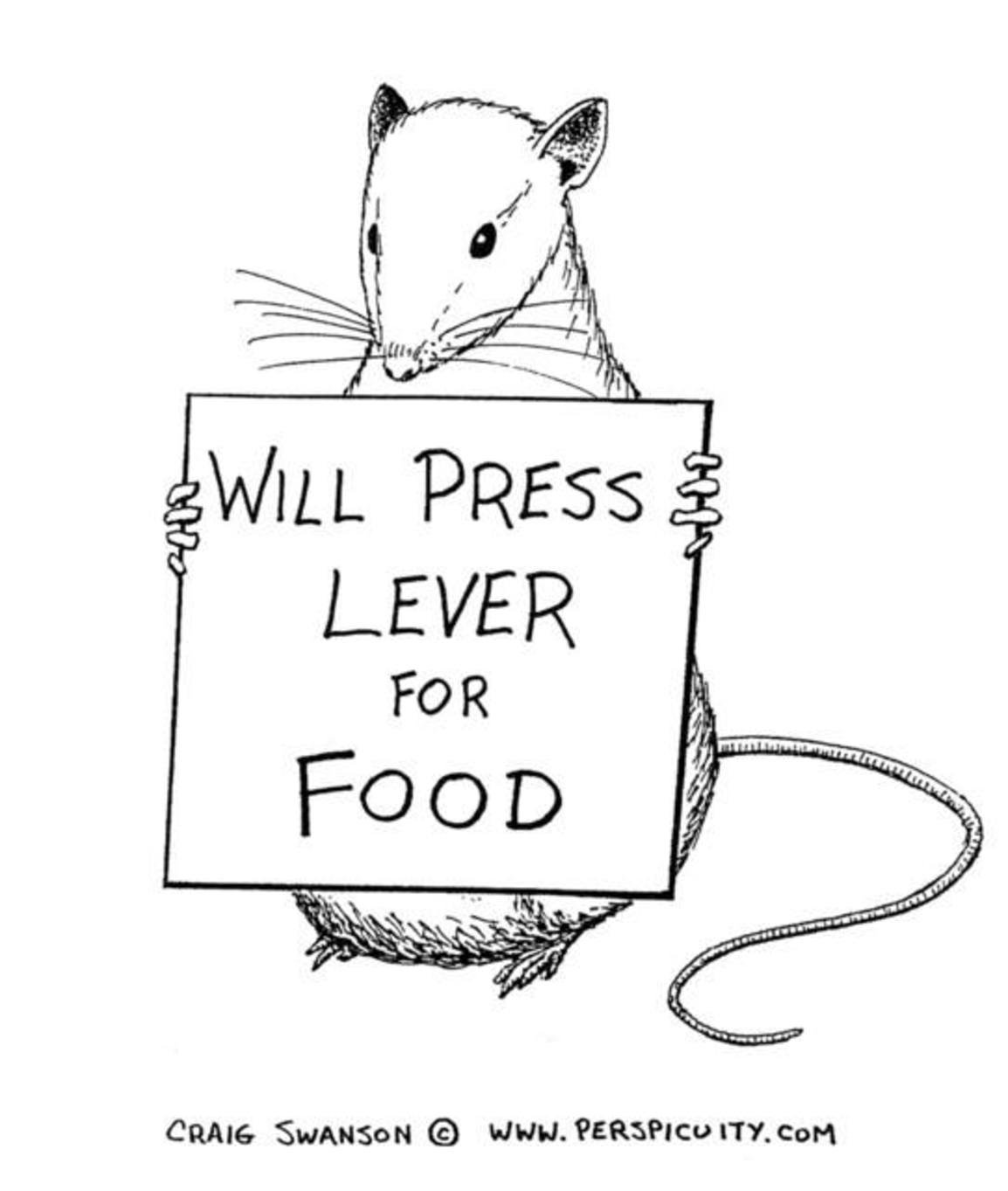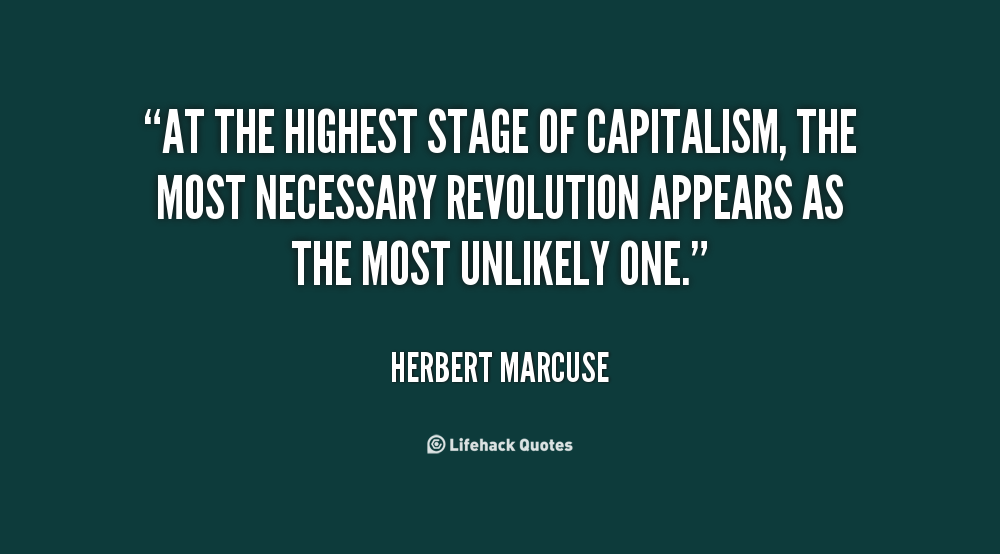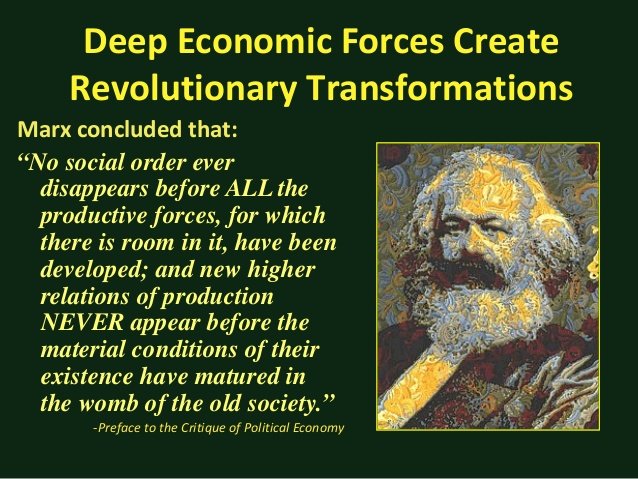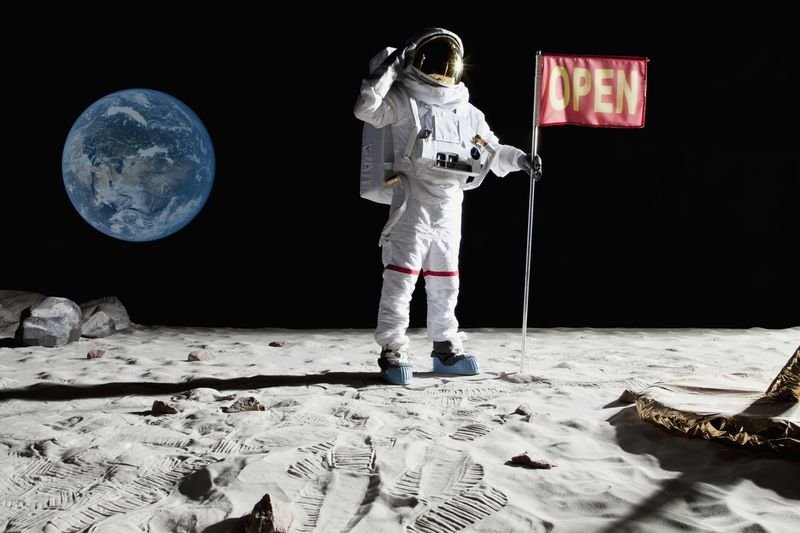
From the viewpoint of 19th Century philosophers, productive forces could be a decisive factor in the path of progress. Unfortunately, the things have changed quite a bit with time…
Ljubodrag Simonovic: The Last Revolution
Contents
- Life-creating mind against destructive mindlessness
- The nature of Marx’s critique of capitalism
- Marx’s conception of nature
- Capitalist exploitation of soil
- “Humanism-Naturalism”
- Marx and capitalist globalism
- The cosmic dimension of man
- “Alienation” and destruction
- Destruction of the body
- Homosexuality
- Capitalist nihilism
- Productive forces
- Dialectics and history
- The integration of people into capitalism
- Technique as myth: Zeitgeist fascism (Part 15a) •|• Technique as myth: Zeitgeist fascism (Part 15b)
- Contemporary bourgeois thought
- Politics as a fraud
- Contemporary critique of capitalism
- Bourgeoisie and proletariat
- October revolution
- Contemporary socialist revolution
- Revolutionary violence
- Vision of a future
- Notes
The Last Revolution -- Chapter Twelwe
Productive Forces
(Translated from Serbian by Vesna Todorović/Petrović)
Marxist thought in the 20th century was marked by the glorification of the development of the productive forces as the driving engine of progress. The productivity principle was praised not only because Marx (over)emphasized the development of the productive forces, but also because of low productivity in the countries that underwent a socialist revolution.
According to Marx, the development of the productive forces has a progressive character. It enables society to progress in existential terms and, at the same time, creates possibilities for its advancement in essential terms. Development of the productive forces is not only a quantitative augmentation of social wealth, it also implies qualitative (historical) changes that bring about greater liberation from natural elements, the possibility of liberation from forced labor (and, consequently, a liberation and heightening of the senses, a development of man’s creative powers, genuine sociability, visionary consciousness…), as well as from exploitative (class) relations conditioned by the level of development of the productive forces. To gain control over nature requires, according to Marx, the creation of possibilities for workers, as emancipated social beings, to gain control over the whole of social existence. A distinctive feature of capitalism, in contrast to preceding historical orders, is the development of the productive forces to such an extent and in such a manner that humankind can finally master the natural elements. Man’s increased command over natural laws leads to the abolition of man’s alienation from nature, to the humanization of nature, and to man’s becoming an emancipated natural being. Marx speaks about capitalism’s destructive treatment of the soil, but he does not come to the conclusion that capitalism is essentially a destructive order. Marx thinks that the capitalist mode of production, rather than being harmful to nature, liberates man from his enslavement to nature and, as a result, increases the certainty of humanity’s survival. A “leap from the realm of necessity to the realm of freedom” implies a leap from an uncertain to a certain existence. In Marx, the existential (survival) and essential (freedom) spheres are atoned. The existential certainty is the basic condition of freedom, whereas freedom is the basic condition of existential certainty. The character of man’s dependence on nature conditions the relation of one man to another. If there is no freedom from the natural elements, there is no freedom from oppression. At the same time, control over natural laws enables an “exchange with nature” (Marx), a cultivation of nature, and, thus, ensures man’s livelihood and overcomes his restrictions as a natural being. Development of the productive forces eases the drudgery of physical labor and enables the body to free itself from those activities that deform it and prevent it from stimulating the senses and giving expression to its playing being.

The development of the productive forces appears in Marx as a process sui generis and, at the same time, as a process the character of which is conditioned by the nature of a particular epoch. In the former case, the development of the productive forces has an abstract epochal character, while in the latter case the epochal character is concrete. In Marx's writings, there is a tendency to separate the development of the productive forces from the capitalist exploitation of nature, to make the development of the productive forces independent and, thus, rescue their emancipatory potential from capitalism itself. At the same time, since he does not regard capitalism as a totalitarian destructive order, Marx does not question the legitimacy of the capitalist development of the productive forces. He “overlooks” Fourier’s warning about the ecocidal nature of capitalist progress and gives an absolute dimension to the development of the productive forces. The most important condition for a “leap from the realm of necessity to the realm of freedom”, according to Marx, is not the abolition of the capitalist development of the productive forces, which is detrimental to both nature and man, but man’s liberation from natural determinism through the capitalist development of the productive forces. The development of the productive forces in itself implies increased certainty of human survival and an opening of the space of freedom. Hence capitalism has a historical legitimacy as long as it develops the productive forces. It can be called into question only when the relations of production (property) become an obstacle to the development of the productive forces. Then historical conditions are ripe for a socialist revolution.

According to Marx, in capitalism, natural forces become alienated from nature, itself, as technique, but they are not confronted by life – they have not become a vehicle of destruction, they have become the capitalist means of excessively exhausting the soil and workers. The development of the productive forces refers to gaining control over natural (mechanical) laws through science and technology, and not to gaining control over nature as an ecological (life-generating) whole. Marx subordinated the dialectics of capitalism to the dialectics of pre-capitalist history, and he overlooked the specificity of the capitalist development of the productive forces, which leads not only to man’s being dominated by capital and alienated from nature, but also to the complete destruction of life. It follows that man’s relation to himself, other people and nature is not mediated solely by “alienated labor”, but also by the destructive nature of the capitalist mode of production. By becoming a destructive power, the forces of nature conquered by capitalism are alienated from both nature and man. Capitalism turns nature against nature by transforming conquered natural forces into the technical means by which it destroys nature as a life-creating force. It brings about a “circulation of matter” where organic matter turns into inorganic matter and, thus, abrogates the naturality of nature and turns nature into a technical space. Capitalism leads to a fierce battle between man, as the highest form in the development of matter, and nature, as man’s “anorganic body”, as well as to man’s conflict with his organic body (record-mania, plastic surgery, diet fads…). In the capitalist process of reproduction, man is not only “alienated” from himself and his “organic” nature; he is degenerated by becoming capital's vehicle for destroying the world. Rather than increasing the certainty of humankind’s survival, capitalist domination over natural forces increases the certainty of its obliteration. In that context, Horkheimer and Adorno warn in the Dialectic of Enlightenment that “constant progress is a constant regression” and give the “curse of progress” it’s true (existential) meaning.

A difference should be made between authentic and technical development of the productive forces. An authentic development of the productive forces is aimed at meeting man’s genuine needs and is based on the development of the universal, creative capabilities of man as a libertarian being and the cultivation of nature, whereas a technical development of the productive forces is aimed at making profit and is based on the instrumentalization of the creative powers of man as a mercenary of capital and on the destruction of nature. Even though Marx fails to realize that capitalism is a destructive order, his thought offers the possibility of reaching the concept of genuine progress and establishing a critical distance from the capitalist development of the productive forces: the only historically legitimate development of the productive forces leads to man’s liberation from his dependence on nature and does not destroy nature and increase man’s dependence thereon. In that context, Marx distinguishes between mastering natural laws for the purpose of man’s liberation from natural elements along with the cultivation of soil that satisfies basic human needs and mastering natural laws in the manner and for the purpose of gaining control over nature and turning soil into an economic space, deprived of natural fertility. When Marx speaks about progress, he actually has in mind not only man’s liberation from natural elements, but also man’s liberation from exploitation (class order), along with the liberation of his universal creative powers. These are, according to Marx, three conditions of historically legitimate progress, which are themselves historical, as they acquire a concrete meaning in the context of actual historical changes. Nowadays, a progressive order is an order capable of stopping the capitalist death machinery and saving nature and humankind from destruction.

Marcuse points out the need to distinguish between the productive forces as instrumental to exploitation and the productive forces as instrumental to pacification and, in that context, criticizes Marx. Speaking in the Criteria of Time about “feminist socialism”, Marcuse writes: “I spoke of a necessary modification of the notion of socialism because I believe that in Marx's concept of socialism there are remnants, elements of the continuation of the performance principle and its values. I see these elements, for example, in the emphasis on the ever more efficient development of the productive forces, the ever more productive exploitation of nature, the separation of the 'realm of freedom' and the working world. The potentials of socialism today transcend this image. Socialism, as a different way of life, would not only use the productive forces for the reduction of alienated labor and labor time, but also for making life an end in itself, for the development of the senses and the intellect for pacification of aggressiveness, for enjoyment of being; for the emancipation of the senses and the intellect from the rationality of domination: creative receptivity versus repressive productivity. In that context, the liberation of the woman appears as the 'antithesis of the performance principle', as the revolutionary function of the female in the reconstruction of society.” (17) Also, in his study One-dimensional Man, avoiding the use of the true name for the prevailing (capitalist) order and using the expression “advanced industrial society”, Marcuse warns that nature and man have become the “instrument of destructive productivity“. (18) Marcuse perceived a destructive tendency in the development of the productive forces, but he did not proceed to develop a fundamental critique of capitalism as a totalitarian destructive order that, as such, would overcome Marx's critique of capitalism. His critical views, like Marx' critical observations about the capitalist exhaustion of the soil, acquire a true value only in the context of a comprehensive critique of capitalism as a destructive order.

In A Contribution to the Critique of Political Economy, Marx claims: “The productive forces developing in the womb of bourgeois society create the material conditions for the solution of … the antagonism arising from social conditions of life of the individual.” (19) Marx could not follow Fourier because Fourier insisted on (capitalist) progress leading to “material regression”, not only questioning the very possibility of freedom, but also the possibility of humanity's survival. Further development of capitalism only confirmed Fourier's view. The logic of capitalist development had appeared to have a “progressive” character up to the moment when the possibilities of its “normal” development were exhausted. Indeed, the “normal” development was not governed by the logic of optimal development, departing from the limited possibilities of nature and the human organism, but by the logic of maximized profit, which led not only to the exhaustion of natural resources, but also to the ruining of nature as a life-creating whole and to man's robotization. It turns out that the capitalist development of the productive forces, while technically enabling man's liberation from natural forces, at the same time destroys nature and thus makes man increasingly dependent on it. Contrary to Marx's claims, instead of creating material conditions for the solution of concrete social and historical antagonisms, capitalism creates technical conditions that, due to the increased destruction of material conditions necessary for survival – i.e., nature and man as a natural and human being - become mere abstract conditions. Capitalism only appears progressive - or, more precisely, only in technical terms does capitalism create the possibility of a “leap from the realm of necessity to the realm of freedom”. Metaphorically speaking, by developing the productive forces, capitalism builds the foundations of the “castle of freedom” by turning the soil, on which the castle is being built, into a swamp into which the castle is sinking, and by degenerating man as a human and biological being.
In light of the ever more dramatic destruction of nature and humankind, certain of Marx' views, those that are the starting points for his ideas about capitalism and the future, only add fuel to the fires of world-destruction. In A Contribution to the Critique of Political Economy, Marx comes concludes: “No social order ever disappears before all the productive forces for which there is room in it have been developed; and new, higher relations of production never appear before the material conditions for their existence have gestated in the womb of the old society, itself. Therefore, mankind always sets itself only such tasks as it can solve.“ (20) In view of the fact that capitalism’s development of the productive forces increasingly destroys nature and man, the above-cited thesis actually is a death sentence for humankind. As far as “higher relations of production” are concerned, by destroying nature, capitalism destroys the material conditions that make these “higher relations” possible. “Higher relations of production” cannot come out of the capitalist mode of development of the productive forces, but only from a fight against capitalism. Ultimately, it is not humankind that “sets itself only such tasks as it can solve“; it is capitalism, as a totalitarian destructive order, that assigns humankind a task of vital importance: to confront the causes of global destruction and re-establish an ecological balance that will enable it to survive.

For Marx, work appears as a possible anti-existential practice in the context of the criticism of hyper-production, which results in the excessive exhaustion of the soil as the object of labor. Marx overlooks the fact that the capitalist labor, though technically labor, is essentially the destruction of nature. From this we can conclude that pre-capitalist forms of labor are existentially superior to capitalist labor. This truth means an essentially different relation between non-work time, creative practice and play. Capitalism is characterized by a destructive re-shaping of matter. Nature does not become close to man through labor, but turns against man as a natural and human being and against itself as a life-generating whole. If labor is the basis for man's relation to nature, then labor is also the basis for man's relation to himself as a natural being. A humanization of nature is simultaneously a humanization of man; a denaturalization of nature is at the same time a denaturalization and, thus, a dehumanization of man. By destroying nature, capitalism destroys not only the life-creating potential of matter, but also the life-creating potential of man as a natural and human being. Marx's “labor theory of value”, in contemporary capitalism, has turned into the labor theory of destruction.
By overlooking the destructive character of capitalism and by creating the myth about a “revolutionary” character to capitalist development of the productive forces, Marx did not seriously consider the question of the possible threats to humankind and the living world posed by capitalism’s mastering of natural forces. Capitalism has instrumentalized natural forces in two ways. Primarily, it “mastered” the forces of nature by turning them into the means for nature's destruction and made nature man's increasingly fierce enemy. By developing the productive forces, capitalism liberates man from his immediate dependence on nature, but at the same time it destroys nature and thus threatens his survival. It is about a technical rather than a real freedom from necessity. Man's technical liberation from necessity becomes the destruction of life, and the technical production of necessity. Capitalism does not liberate man from his dependence on nature; it, rather, by destroying nature, makes him increasingly dependent on nature and exposes humankind to ever more destructive natural forces. The most fatal consequence of the capitalist development of the productive forces is the modification of climate by the conquering of natural forces, the destruction of the planetary ecological system and threats to the survival of a living world. At the same time, capitalism uses natural forces for the production of the technical, chemical and biological means capable of annihilating humankind in seconds. It includes devices that can cause weather disturbances and earthquakes, as well as the militarization of the cosmos, through which the ruling capitalist clans in the USA attempt to gain a military advantage and establish uncontested global domination. “Cosmic projects” and the smiling faces of astronauts are but a mask hiding a feverish attempt by the most powerful capitalist concerns to create technical means by which to deal with anybody who dares oppose their criminal enterprises and to eradicate the “surplus” population.

The increasing exhaustion of natural resources, reducing the scope of the capitalist expansion, and the concentration of economic, technical, political and military power wrenched from man by a group of capitalist fanatics heightens the possibilities for the use of the means for mass destruction. At the same time, increasingly lethal technical systems and more and more complicated navigational mechanisms will enable “terrorists”, by using state-of-art navigational technique (“cyber-wars”, among others), to cause the kind of nuclear power plant “accidents” that could obliterate life on Earth. One of the most dramatic historical truths is that the higher the level of humankind's technical development, the deeper the abyss into which it can fall. The new emancipatory possibilities of historical epochs and the new possibilities for jeopardizing humankind's survival are the historical “ladders“ humanity is currently climbing. The historical position of capitalist “progress” is that it has brought humankind to a high-enough rung that falling off the ladder now means humankind's obliteration. The destructive possibilities of the capitalist productive forces have reached such a level that humankind faces instant obliteration.
Technical potential of the capitalist development of the productive forces is seen in relation to the consequences created by capitalism as a destructive order. This is the basis for a concrete dialectics of the future. By overlooking the fact that the capitalist development of the productive forces is based on the destruction of nature and man, Marx overlooks the consequences of capitalism, the “healing” of which is humankind's most critical existential task. The development of capitalism as a destructive order has caused the creation of the contemporary “realm of necessity”, where the fight to alleviate the consequences of capitalism’s destruction of life and to restore humankind's biological (life-creating) power has become an existential imperative. Capitalist progress has produced such dire effects that man will not be able to “relax” until he restores nature's ecological balance and the biological rhythm of the organism. The development of the productive forces, the labor processes, themselves, leisure activities – practically the whole life – should serve that purpose.

Considering Marx's view that “the anatomy of man is key to understanding the anatomy of a monkey“, the highest stage in the development of capitalism – “consumer society” – where the contradictions of capitalism have been fully developed, should be the starting point in the analysis of the nature of capitalism and the basis for our relation to the future. “Consumer society” is a qualitative leap in the development of capitalism as a destructive order. In consumer society, not only labor, but the entirety of planetary life has become the instrument of capitalist reproduction: life, itself, has become the destruction of nature and man. This is the last stage in the development of capitalism, where its destructive potential has been fully realized and, in that context, has become its most lethal feature: the consequences of its destruction of life are turned into sources of profit and the basis for further growth, whereas man's creative powers become the vehicle for the development of capitalism's destructive powers and the acceleration of this process of destruction. Instead of being an order that creates the conditions for a “leap from the realm of necessity to the realm of freedom”, capitalism abolishes any possibility of man's liberation. According to Marx, the “pre-history” of humankind ends with capitalism. If it is not effectively dealt with it immediately, capitalism will be the end of humankind's existence.
The Last Revolution (Part 11) << Previous • Part 12 • Next >> The Last Revolution (Part 13)
